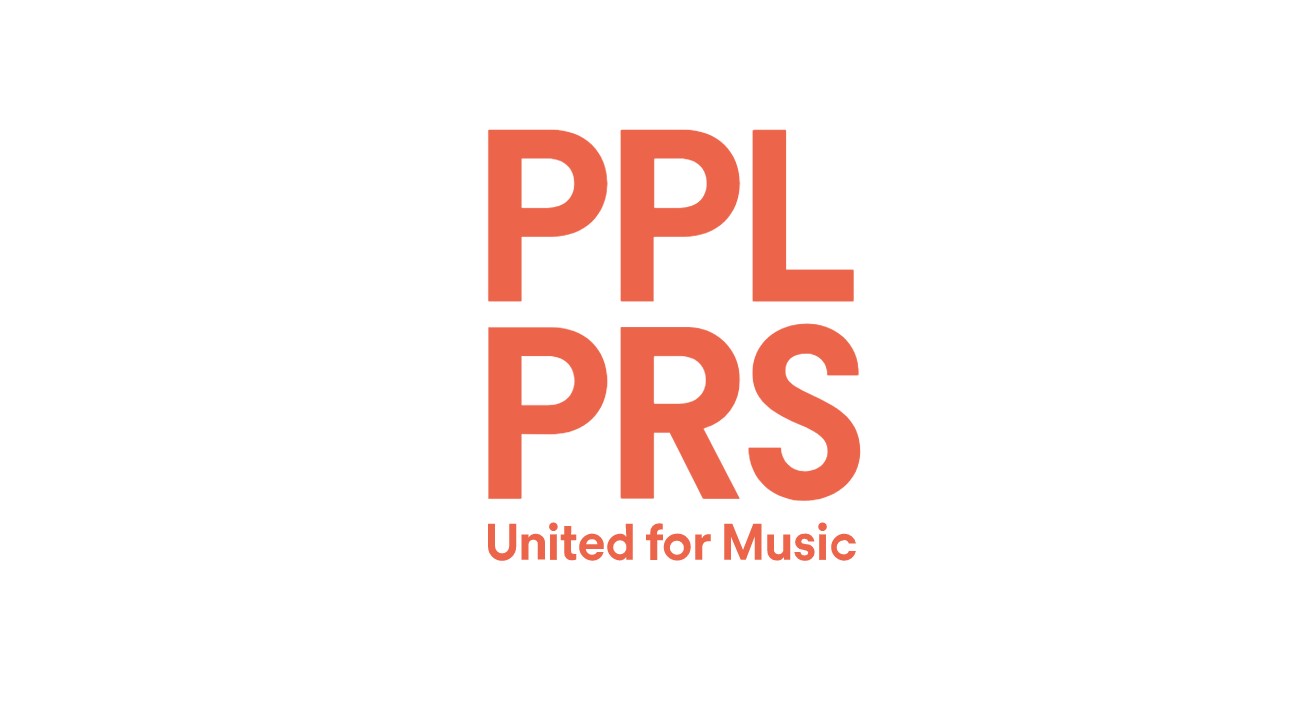Difference between PPL and PRS
The PRS and the PPL both collect music licensing fees on behalf of song writers, composers and publishers.
What is the difference between PRS and PPL? In 2018 PPL and PRS for Music combined into PPL PRS Ltd. Businesses or organisations playing or performing music in public now need only one licence, TheMusicLicence.
The PRS distribute royalties to their members when their music is exploited in one of a number of ways – when it is recorded onto any format and distributed to the public; performed or played in public; broadcast; or made publicly available online. This is all based around the writers’ public performance rights and collected on behalf of songwriters, composers and publishers.
PPL distributes the license fee on behalf of the performers and record companies. PPL collects royalties for a range of uses of recorded music – when it is played in public or broadcast on TV, radio, and certain digital media services.
The difference between the two companies is more clearly illustrated when the writer is a different person from the artist. For example, if you were to broadcast the Jimi Hendrix recording of the Bob Dylan song “All Along the Watchtower,” then the respective music licences would relate to the following rights:
- PPL: This licence would be on behalf of the UK record company that controls the rights to the Jimi Hendrix recording of the song
- PRS for Music: This licence would be on behalf of the UK publisher that controls the rights to the Bob Dylan song
And then TheMusicLicence collects licence fees on behalf of PPL and PRS for Music.
